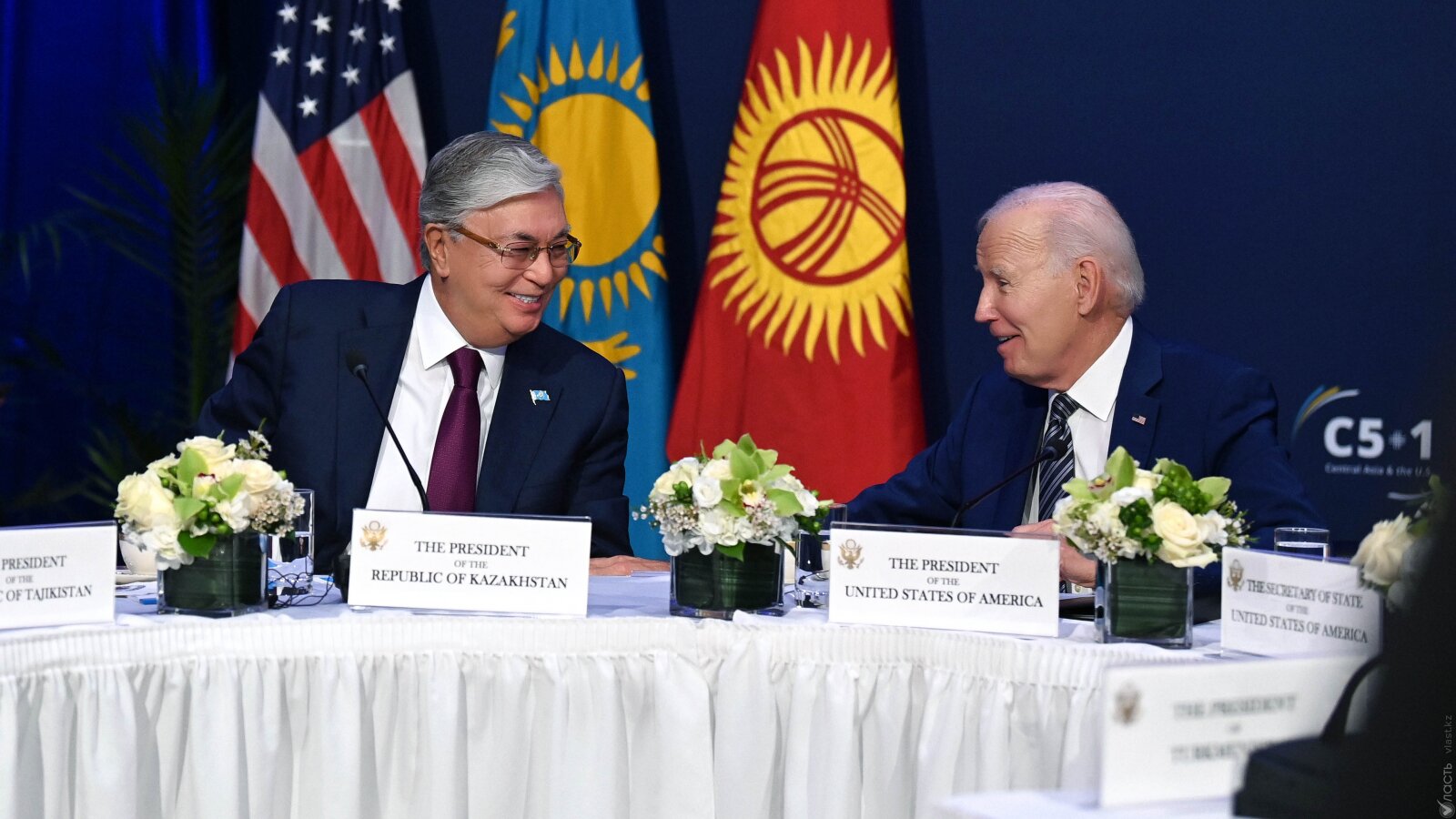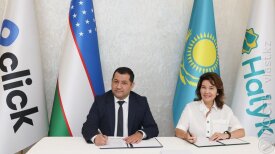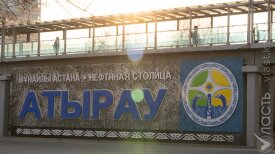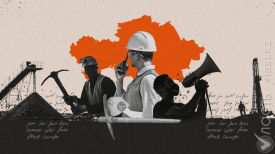Kazakhstan’s President Kassym-Jomart Tokayev spoke at the UN General Assembly on September 20. In his speech, he focused on climate change, just energy transition, and water scarcity. During his visit to New York, Tokayev also met with US President Joe Biden within the framework of a C5+1 meeting with other Central Asian heads of state. Tokayev also separately met with other heads of state and executives of large US businesses.
The Committee on Financial Revenues at the ministry of finance published on September 20 a list of people and organizations that receive funds or assets from abroad. The list mostly consisted of NGOs, media outlets, and human rights activists. International watchdog Committee to Protect Journalists said the measure is “too reminiscent of the ‘foreign agent’ hysteria we have witnessed in Russia in recent years.”
Samat Abish, the ex-chief of the National Security Committee, is being investigated for abuse of power, the General Prosecutor’s Office said on September 19. The accusation focuses on last year’s January Events (known in Kazakh as “Qandy Qantar”), during which the violent repression of urban protests led to 238 killed and thousands injured. Abish is the nephew of former President Nursultan Nazarbayev.
During preliminary hearings regarding attacks against government buildings during Qandy Qantar, the defendants’ lawyers said there was no evidence that the accused carried out an intentional or organized attack. Some of the defendants argued that they were not near the buildings they are accused of having attacked.
Civic activist Marat Turymbetov was detained in Almaty on September 22. Turymbetov said he is accused of organizing an “unsanctioned demonstration” outside a court in Almaty on September 19, during hearings of the “airport hijacking” case. Turymbetov was among other activists that protested against the court’s decision to hold the trial behind closed doors.
The government clarified on September 21 that the law on the return of illegally-withdrawn assets, passed in July, will not necessarily target everyone whose wealth exceeds $100 million. The $100 million mark would only trigger the use of this specific law in case of suspicion of illegal transactions. Experts have noted how these vague provisions could make the law an arbitrary tool for punishing political and business opponents.
A trial on several incidents of attacks against journalists will continue behind closed doors at the request of the plaintiffs, an Almaty court said on September 20. For a few months between the end of last year and the beginning of 2023 several independent journalists had suffered violent attacks.
Within the framework of the new Tax Code, the ministry of economy said on September 19 that changes to the individual income tax will add a progressive taxation on “passive income” from assets other than wages and salaries (which will continue to be subjected to a flat 10% tax).
The government of Egypt is negotiating with an Abu Dhabi-based financial institution for a loan that would allow the country to import wheat from Kazakhstan, Reuters reported on September 21. An earlier, widely criticized, move by Russia to block grain supply from Ukraine caused shortages in several African countries.
The General Prosecutor’s Office said on September 18 that they declassified more than 2.4 million archival records of victims of political repression from the period between 1929 and 1956. This could become an important source of information for relatives of the victims as well as historians researching one of the darkest periods in the history of Kazakhstan.
The August 17 fire at the “Kazakhstan” coal mine was the fault of the company that operated it, Syrym Shariphanov, minister of emergency situations, said on September 18. As a result of the fire, five workers were killed and a dozen were injured. The fire has yet to be extinguished, Sharipanov said. The mine is operated by ArcelorMittal Temirtau, a subsidiary of Luxemburg-registered ArcelorMittal.
Поддержите журналистику, которой доверяют.








